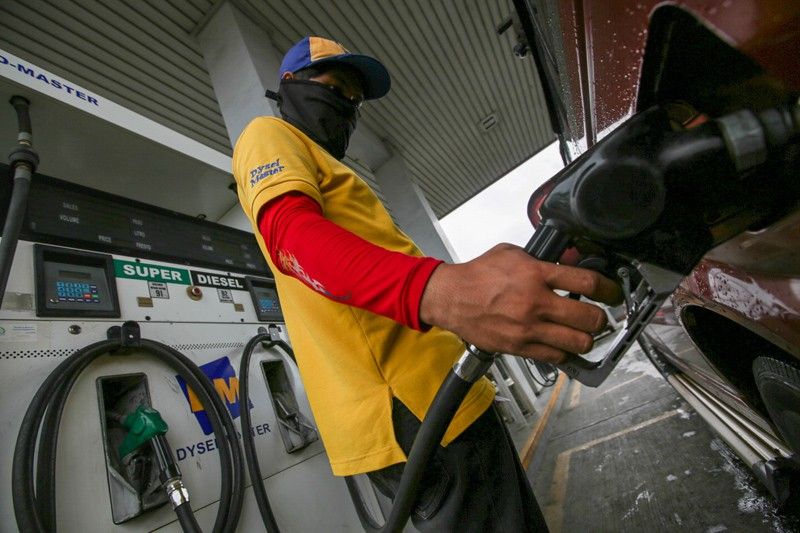Why are oil prices so high right now?

MANILA, Philippines — Rising global oil prices are fast becoming a problem in the Philippines as they continue to stoke inflation in an economy that is just starting to get its groove back after a pandemic-led collapse.
And there is little sign that those pressures are going away any time soon. On Friday, the Philippine Statistics Authority reported that inflation eased to 4.6% year-on-year in October from the previous month’s 4.6% reading due to slower increase in prices of some food items. But this marked the eight time this year that price growth exceeded the central bank’s 2-4% target.
Dissecting the data, among the major contributors to inflation last month were high transport costs, particularly fuel which had gotten costlier by 32.6% year-on-year compared to September’s reading of 21.3%.
But what’s behind the rallying oil prices and what is the Duterte administration, which is already at the twilight of its term, doing to ease the burden of consumers?
What’s causing high oil prices?
The Philippines is a net oil importer so any spikes in international oil prices would push up pump prices at home. Adding upward pressure to fuel costs is a weak peso, which could make imports more expensive. Since the beginning of the year, data from the Department of Energy showed prices of gasoline and diesel have gone up by P21.95 per liter and P18.10 per liter, respectively.
Demand for oil has finally returned as the global economy emerges from harsh lockdowns. Based on emerging forecasts from the DOE, global oil demand in the fourth quarter is seen hitting as much as 103 million barrels of crude oil per day (mbpd) in anticipation of winter season, when power generation is high for heating. However, supply is currently only at about 103.22 mbpd.
At their meeting in October, OPEC and key allies — known as OPEC+ — decided to hike oil production by 400,000 barrels this month to bridge the supply gap. But some leaders, including US President Joe Biden, are urging OPEC+ to pump more oil, saying the magnitude of output increase agreed upon by oil producers last month would not be enough to meet growing global demand.
But those calls fell on deaf ears after the oil cartel decided to stick with their original output target at their meeting on November 4.
What is the government doing?
As an immediate solution to the problem, the government will spend P1 billion to provide fuel subsidy to Public Utility Vehicles (PUV) drivers reeling from motoring oil prices. The money will be released to the Land Transportation Franchising and Regulatory Board (LTFRB), which will grant cash aid to around 178,000 PUV drivers for the remaining months of the year.
The government has also asked oil companies to give discounts to PUV drivers. To prevent a fare hike, transport regulators increased the allowed passenger capacity of PUVs to 70% from 50% previously.
At the same time, the Department of Energy said it asked Congress to amend the Ramos-era Oil Deregulation Law to allow the unbundling of costs of retail petroleum products. The amendments would also include giving DOE the power to suspend oil excise taxes when global prices are high. This plan is seen as a long-term fix to the problem but it would have to go through a tedious and lengthy legislative process.
- Latest
- Trending






























